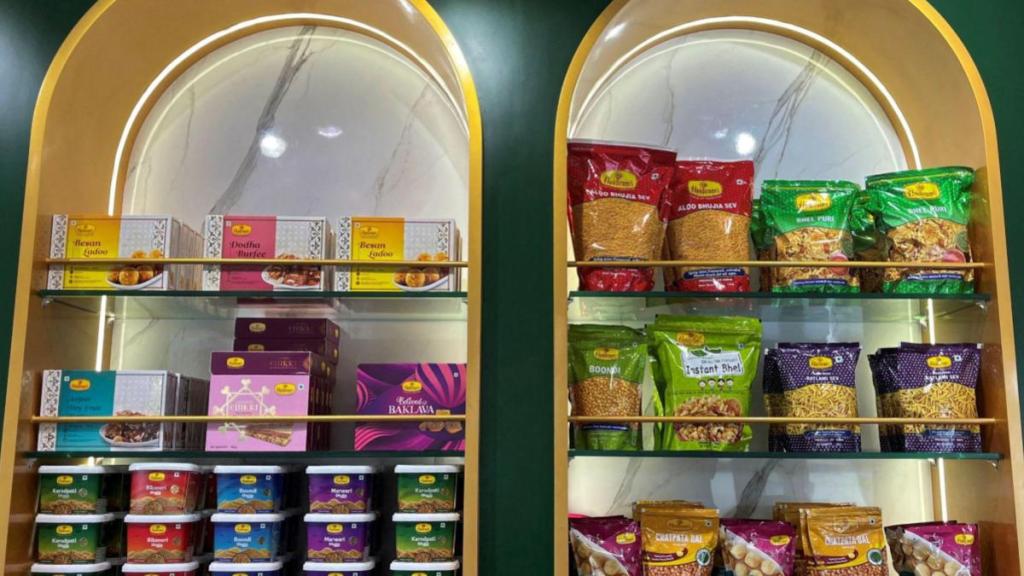Some of the country’s top food companies such as ITC, PepsiCo India, Balaji Wafers and Prataap Snacks are in disagreement with the Directorate General of GST Intelligence, the apex tax body, regarding the imposition of an 18% goods and services tax on snack foods.
The issue concerns a recent clarification by the government, classifying snacks as extruded and non-extruded, according to food industry sources that FE spoke to. In food processing, extrusion involves pushing ingredients through a machine to attain the desired shape. Many ready-to-eat snacks are produced through this process. For example, finger snacks like PepsiCo’s Kurkure, Prataap Snacks’ Yellow Diamond puffs and rings and ITC’s Bingo Mad Angles are examples of extruded snacks. Biscuits and potato chips are non-extruded snacks. Extruded snacks contribute 25-30% to the total Rs 47,000-crore salty snacks market, according to industry experts. The rest is contributed by non-extruded snacks.
While food companies have been paying a 12% GST on snacks overall, the GST Intelligence body is now insisting on an 18% GST for extruded snacks and 12% for non-extruded snacks.
Food industry sources have indicated that the above-mentioned players, including a few others, have received notices totaling around Rs 1,000 crore in terms of additional GST to be paid by them. A mail sent to ITC remained unanswered till the time of going to press. Executives at PepsiCo and Prataap Snacks were not immediately available for comment.
Officials at Balaji Wafers, however, admitted that the issue was a flashpoint between food companies and the GST Intelligence body. “I don’t think there has been any intention by companies to evade tax. The issue here is about classification of snack foods, which the industry is not in agreement with,” a senior executive at Balaji Wafers said.
This point is endorsed by Krishan Arora, partner and national leader, indirect tax, Grant Thornton Bharat LLP, who has been tracking the matter closely.
“While the government issued a circular clarifying how different rates should apply, the snack food industry does not agree on creating separate categories within similar food products into 18% and 12% by way of adding certain processes. The issue needs to be immediately addressed at the GST Council level with absolute clarity in order to avoid unwanted and long-drawn litigation,” he says.
Recent months have seen a flurry of GST notices go out to not just food firms, but also non-food firms for discrepancies in payment of GST. Issues related to mismatch in tax payment, wrongful availment of tax credits and discrepancies in tax returns filed for the financial years 2017-18, 2018-19 and 2019-20.

